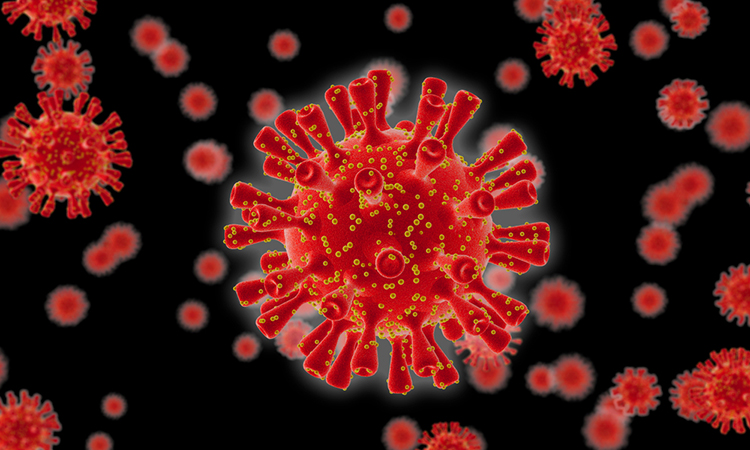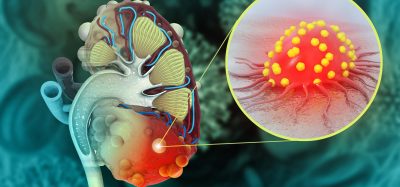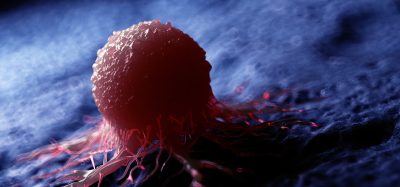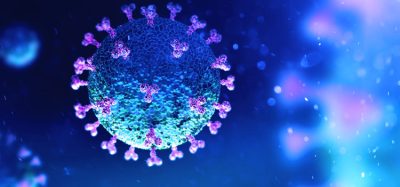CD8+ T cells recognise recent SARS-CoV-2 variants, scientists say
Posted: 31 March 2021 | Victoria Rees (Drug Target Review) | No comments yet
Researchers have revealed that T cells in blood samples from people who recovered from COVID-19 responded to SARS-CoV-2 variants.


Researchers from the US National Institute of Allergy and Infectious Diseases (NIAID), part of the US National Institutes of Health (NIH), and colleagues have analysed blood cell samples from 30 people who had contracted and recovered from COVID-19 prior to the emergence of virus variants. They found that one key player in the immune response to SARS-CoV-2 – the CD8+ T cell – remained active against the virus.
The investigators investigated whether CD8+ T cells in the blood of recovered COVID-19 patients, infected with the initial virus, could still recognise three SARS-CoV-2 variants: B.1.1.7, first detected in the UK; B.1.351, originally found in South Africa; and B.1.1.248, first seen in Brazil. Each variant has mutations throughout the virus and in the region of the virus’ Spike (S) protein that it uses to attach to and enter cells. Mutations in this S protein region could make it less recognisable to T cells and neutralising antibodies, which are made by the immune system’s B cells following infection or vaccination.
Although details about the exact levels and composition of antibody and T-cell responses needed to achieve immunity to SARS-CoV-2 are still unknown, scientists assume that strong and broad responses from both antibodies and T cells are required to mount an effective immune response. CD8+ T cells limit infection by recognising parts of the virus protein presented on the surface of infected cells and killing those cells.
In their study, the researchers determined that SARS-CoV-2-specific CD8+ T-cell responses remained largely intact and could recognise virtually all mutations in the variants studied. While larger studies are needed, the researchers note that their findings suggest the T-cell response in convalescent individuals and most likely in vaccinees, are largely not affected by the mutations found in these three variants, so should offer protection against emerging variants.
Optimal immunity to SARS-Cov-2 likely requires strong multivalent T-cell responses in addition to neutralising antibodies and other responses to protect against current SARS-CoV-2 strains and emerging variants, the researchers say. They stress the importance of monitoring the breadth, magnitude and durability of the anti-SARS-CoV-2 T-cell responses in recovered and vaccinated individuals as part of any assessment to determine if booster vaccinations are needed.
The study was published in Open Forum Infectious Diseases.
Related topics
Disease Research, Immunology, Proteomics, T cells
Related conditions
Covid-19








